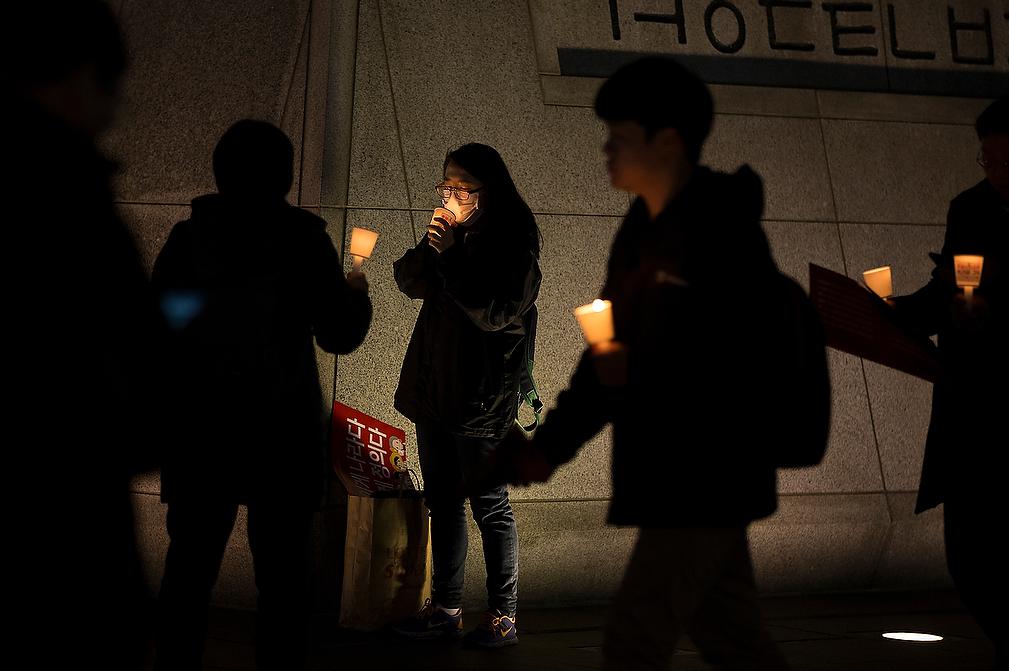Is a politicized person an active liberal minority or a "passive" majority voting for power? You can answer this question in different ways in Russia. But we can say for sure that a significant part of the population already has experience of “political” discussions at least at the household level.
Who are you?
In everyday life, it is believed that only a small part of the population, measured on average 5-7%, is actively interested in politics. Only emergencies take people to the streets. Even the collapse of the Soviet Union did not significantly increase interest in politics, except that there was a slight surge in activity in Moscow. The population was more interested in survival issues. Maybe because a politicized person was an almost endangered species.

If we take other countries, the question of a change of power will only politicize the population for a short time, and mainly in the capital of the country. So it was during the “Rose Revolution” in Georgia, when President A. Shevarnadze was overthrown, and last year’s “Candlelight Revolution” in South Korea, when, as a result of mass rallies, President Park Geun-hye was impeached. Events in Ukraine can be called one of the rare cases when interest in politics was popular. Probably, then for the first time in the modern history of Russia it could be said that a politicized person is practically every resident of the country. The interests of the authorities, which needed the support and legitimization of their foreign policy, prompted a massive propaganda to attract the population to politics.
Further more
In 2014, everyone felt on themselves what it means to be a politicized person. The politicization of the population took extreme forms, when any actions of “ours” were justified, and “strangers” always acted badly. A positive experience may be that the population is "used" to participate in the political life of the country, although for now it is more in the foreign policy.
If we consider the experience of developed countries, the population is politically active when its vital interests are affected, for example, France - issues of same-sex marriage, England - increasing tuition fees. Only in Russia is a politicized person more interested in foreign policy than domestic. The transformation of foreign political politicization into domestic political one is an expected Russian trend.